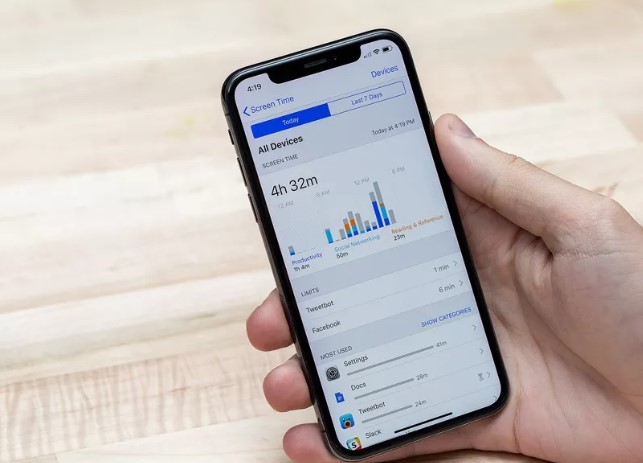
A large group of developers who make parental control apps have banded together to demand that Apple come up with a technical solution that will allow them to continue to work on the iPhone. They’ve gone so far to create a website and propose a specification for an API that would give their apps enough access to track and limit usage of apps.
The move is necessary because Apple had begun blocking many of these apps recently because they took advantage of the Mobile Device Management (MDM) features on the iPhone. Apple has set a policy that those features should only be used by companies.
There were two ways to interpret that move. The first is that it was part of a larger review of MDM usage following what Apple saw as Facebook’s abuse of the feature earlier this year. The second way, as these app makers argue, is that it’s simply an anti-competitive way to protect Apple’s own Screen Time and parental control features. “When Apple released its own screen time management tool, it also started removing established brands from the store or blocking updates to their apps,” they write on their website.
As Jack Nicas at the New York Times notes, this move was spurred in part by encouragement from a former Apple executive, Tony Fadell. In a Twitter thread earlier this year, Fadell argued that Apple should create a full-featured API so companies could create full-featured parental track apps that could potentially work across different software platforms.
The Times has also reportedly seen a message from Fadell to the developers that reads “I will push it out to the world — just make sure it’s done BEFORE WWDC.’” The timing is significant. It may put pressure on Apple to respond at an event that’s typically a celebration of its software prowess — or at the very least ensure that concerns about anti-competitive practices at Apple would be on people’s minds during the event.
Such worries will be on everybody’s mind anyway. Just yesterday Apple published a page defending its App Store practices. The company was responding to an antitrust lawsuit with huge implications and a formal EU investigation, both of which are currently ongoing.





























